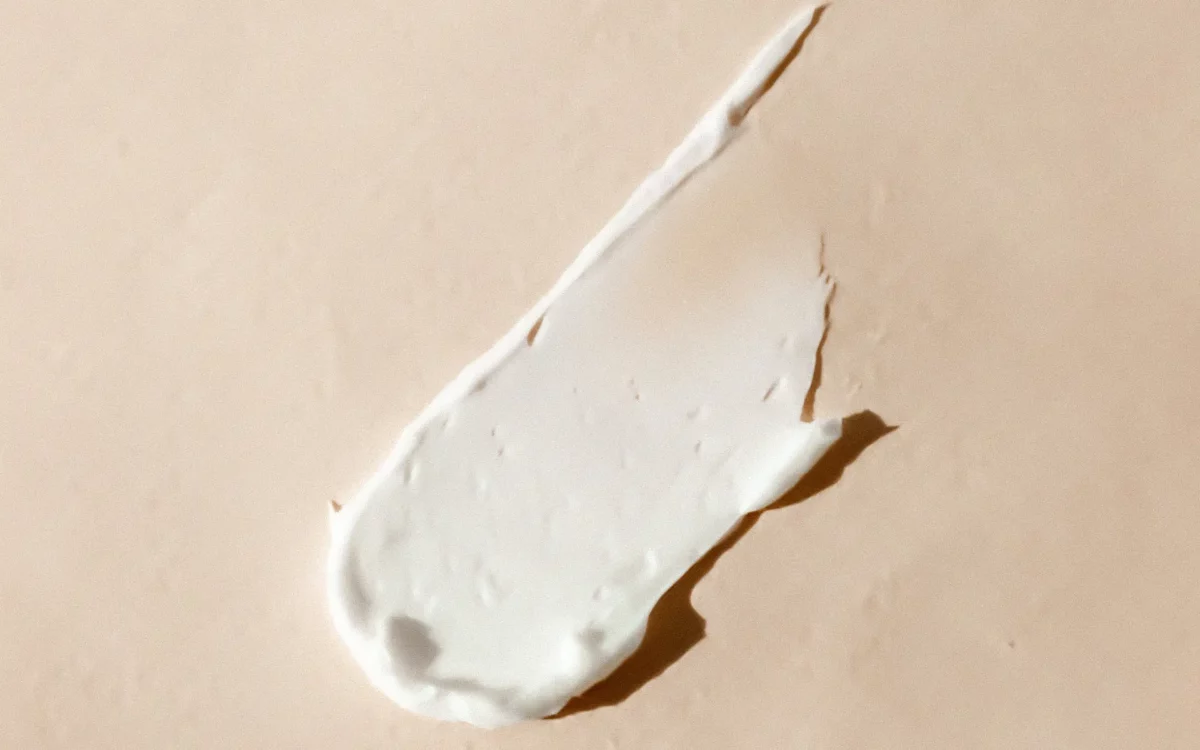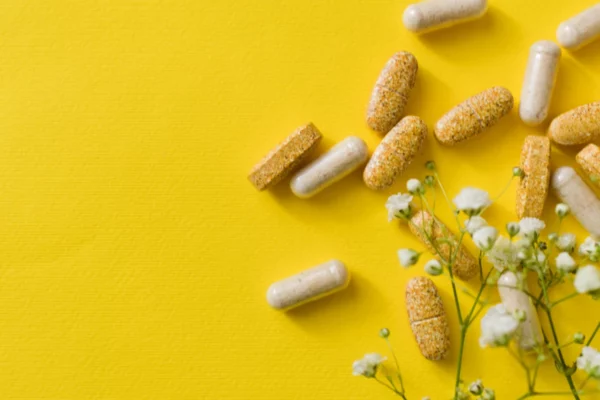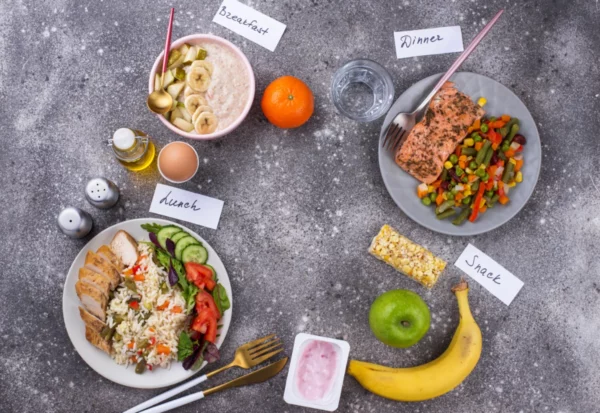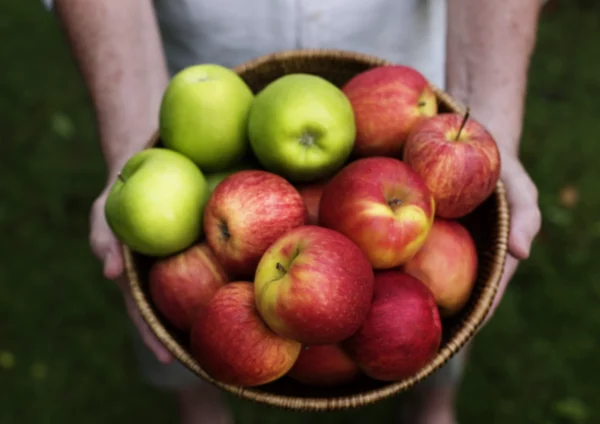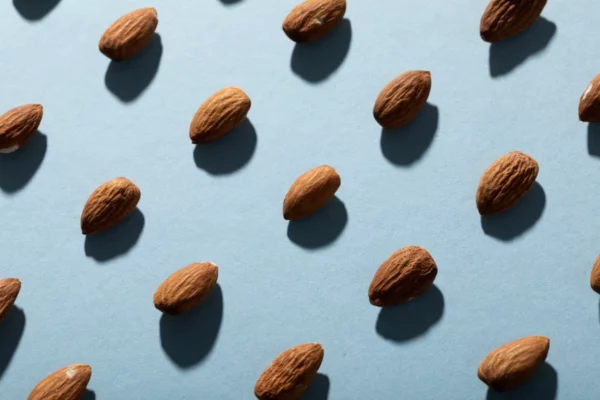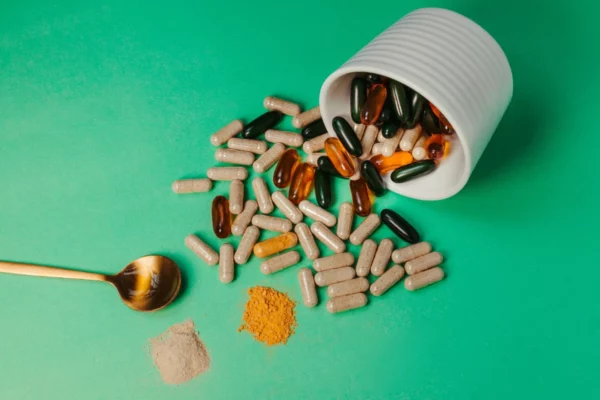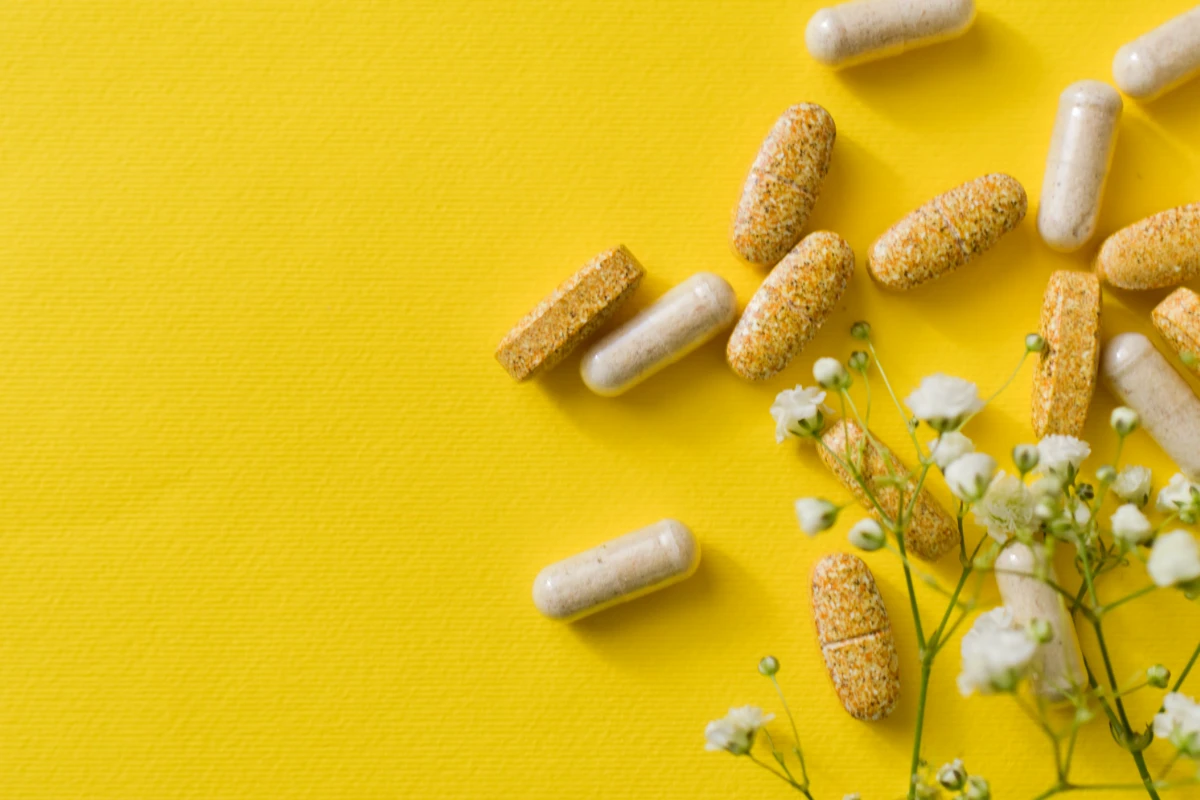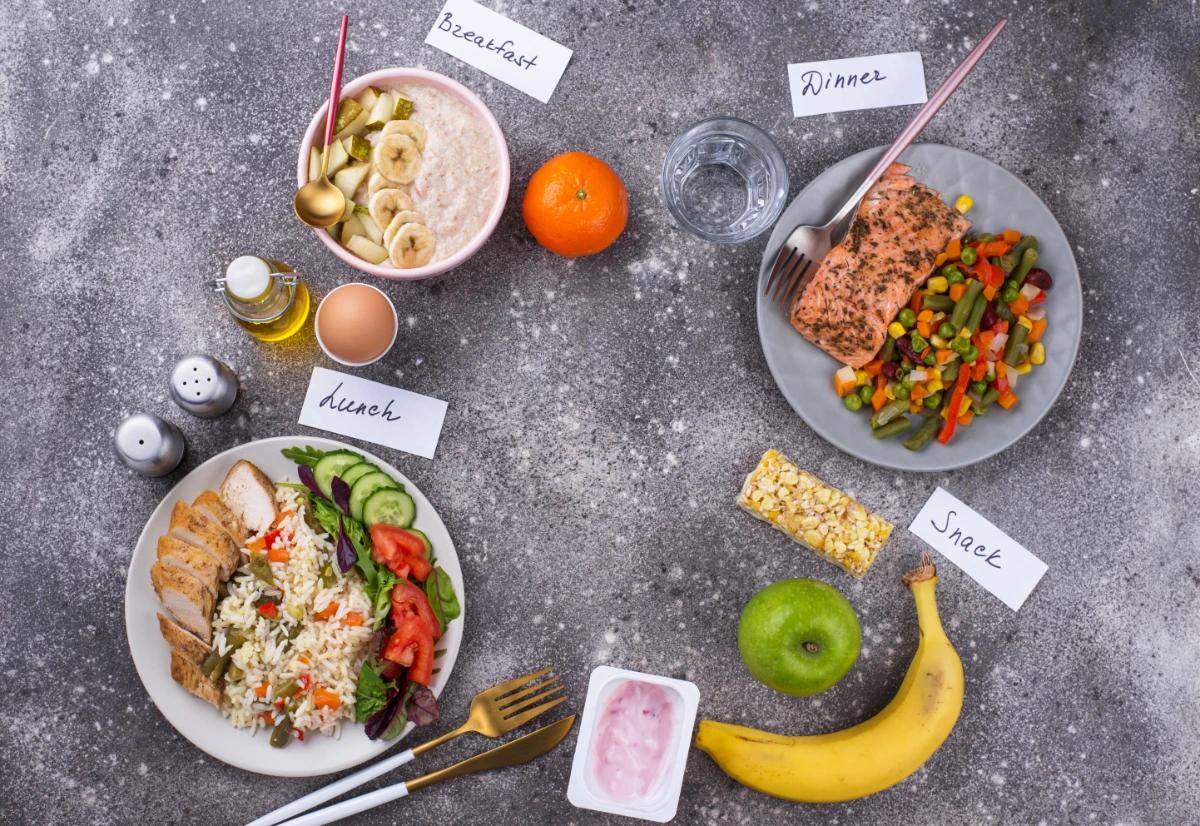Introduction
When it comes to achieving radiant and healthy skin, the significance of a well-balanced diet cannot be emphasized enough. Your skin, being your body’s largest organ, requires proper nutrition to maintain its health and combat the damaging effects of environmental factors and aging. In this comprehensive guide, we will explore in-depth the crucial role of a high-fiber diet in promoting healthy skin, preventing skin conditions, and enhancing overall skin health.
Understanding the Importance of a Healthy Diet for Skin Health
Numerous factors, including genetics, lifestyle choices, and external elements, influence your skin’s appearance and function. A healthy diet is the foundation for optimal skin health, providing the essential nutrients required for maintaining the skin’s structure, elasticity, and overall radiance. While various dietary components contribute to skin health, this guide focuses on the powerful benefits of a high-fiber diet.
Fiber: The Unsung Hero for Healthy Skin
Fiber plays a vital role in a healthy diet and has numerous benefits for your skin. Adequate fiber intake aids in regulating digestion, preventing constipation, and promoting the elimination of toxins from the body. This, in turn, helps prevent skin conditions such as acne breakouts and promotes a clear complexion. Moreover, fiber acts as a prebiotic, nourishing the beneficial bacteria in your gut, which has been linked to improved skin health.
Antioxidants: Defense Against Free Radicals
High-fiber foods, particularly plant-based ones, are rich in antioxidants, such as vitamin E and ascorbic acid (vitamin C). These antioxidants help protect your skin cells from oxidative stress caused by free radicals, which can damage the skin’s DNA and lead to premature aging, wrinkles, and even skin cancer. We will delve deeper into vitamin E and C’s powerful antioxidant properties, their sources in a high-fiber diet, and how they contribute to overall skin health.
Promoting Skin Elasticity and Collagen Production
Consuming a high-fiber diet contributes to maintaining skin elasticity and collagen production. Collagen is a protein that provides structure and strength to the skin. Foods rich in vitamin C, like citrus fruits and bell peppers, are essential for collagen synthesis, while vitamin A, found in sweet potatoes and leafy greens, supports skin cell growth and regeneration. We will explore the role of these vitamins in detail, their food sources, and their impact on skin health.
Essential Fatty Acids: Nourishing Your Skin
A high-fiber diet can also provide essential fatty acids, including omega-3 fats, which are crucial for maintaining healthy skin. These fats support the skin’s barrier function, reduce water loss, and promote a youthful appearance. We will delve into the benefits of essential fatty acids, their food sources in a high-fiber diet, and their role in preserving skin health and preventing dryness and inflammation.
Hydration: Water for Skin Health
Hydrating your body is vital to maintaining the health of your skin. Drinking plenty of water helps hydrate your skin, improves blood flow, and supports proper nutrient delivery to skin cells. It also assists in the elimination of toxins, promoting a clear and radiant complexion. We will discuss the importance of hydration for skin health, the effects of dehydration on the skin, and practical tips to ensure adequate water intake for optimal skin health.
Protection Against Sun Damage
While a high-fiber diet cannot replace sunscreen, certain nutrients found in fiber-rich foods can provide additional protection against the harmful effects of UV radiation. Antioxidants in green tea, for example, have been shown to reduce UV damage and inflammation, aiding in the prevention of sunburns and other skin damage. We will explore the role of nutrition in sun protection, discuss the impact of UV radiation on skin health, and highlight specific foods and nutrients that can enhance the skin’s defense against sun damage.
Conclusion
Achieving healthy skin goes beyond cosmetic products and superficial treatments. A high-fiber diet is a powerful tool for nourishing your skin from within, providing essential nutrients, and protecting against environmental stressors. Incorporating fiber-rich foods such as whole grains, sweet potatoes, leafy greens, citrus fruits, and oily fish into your daily diet can enhance your skin’s health, maintain its youthful appearance, and prevent various skin conditions.
Remember, while this comprehensive guide provides helpful information, it is always advisable to consult with a healthcare professional or a registered dietitian for personalized advice on the best foods and nutritional supplements for your specific needs. Invest in your skin’s health today by adopting a fiber-rich and nutritious diet, and enjoy the benefits of beautiful, radiant skin that reflect your overall well-being.
